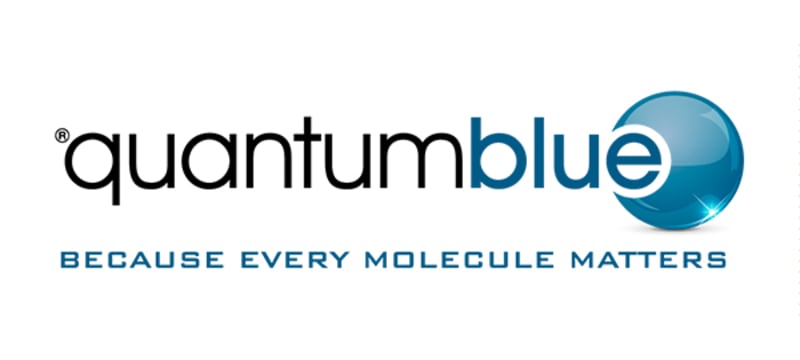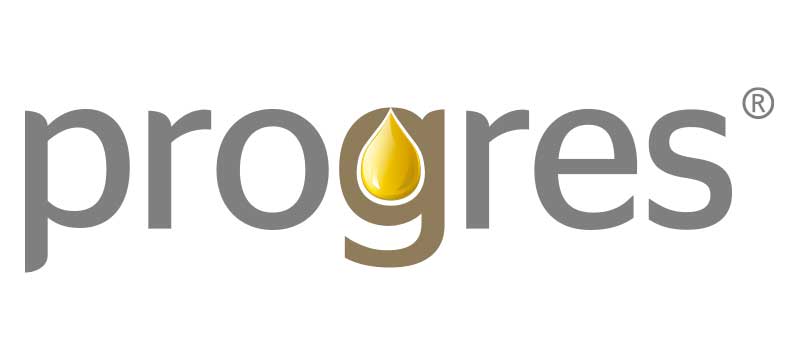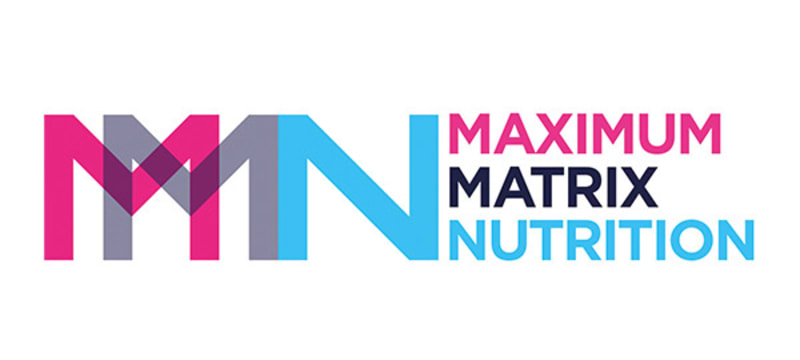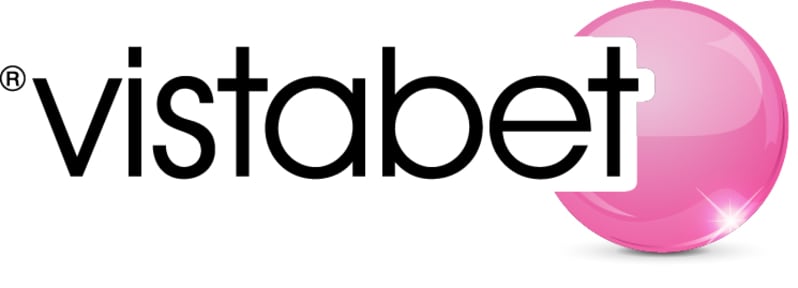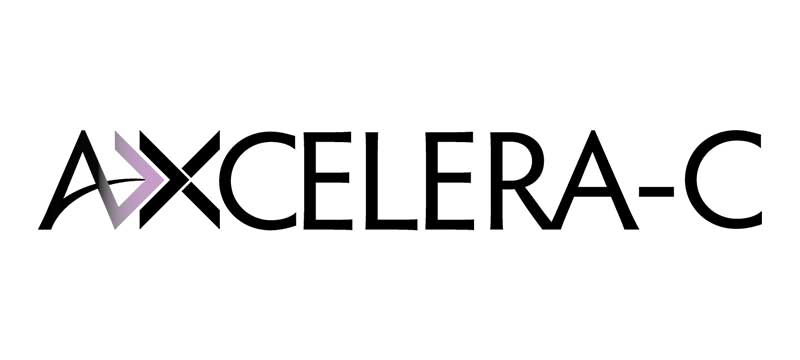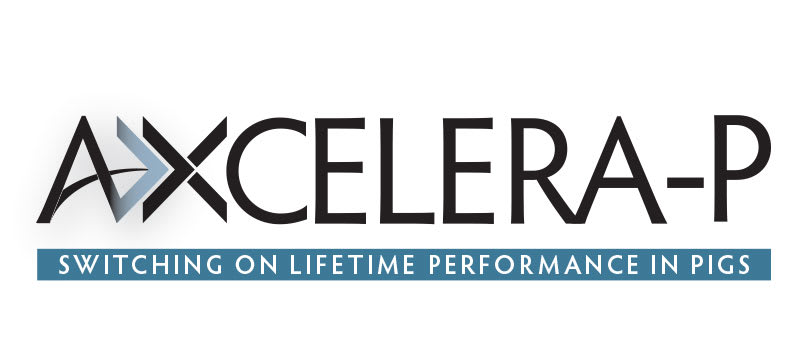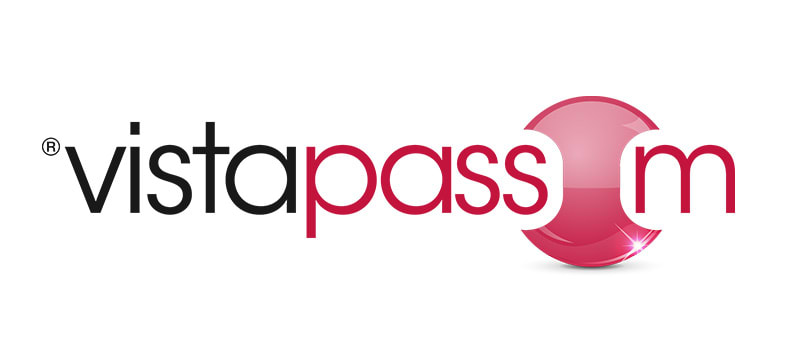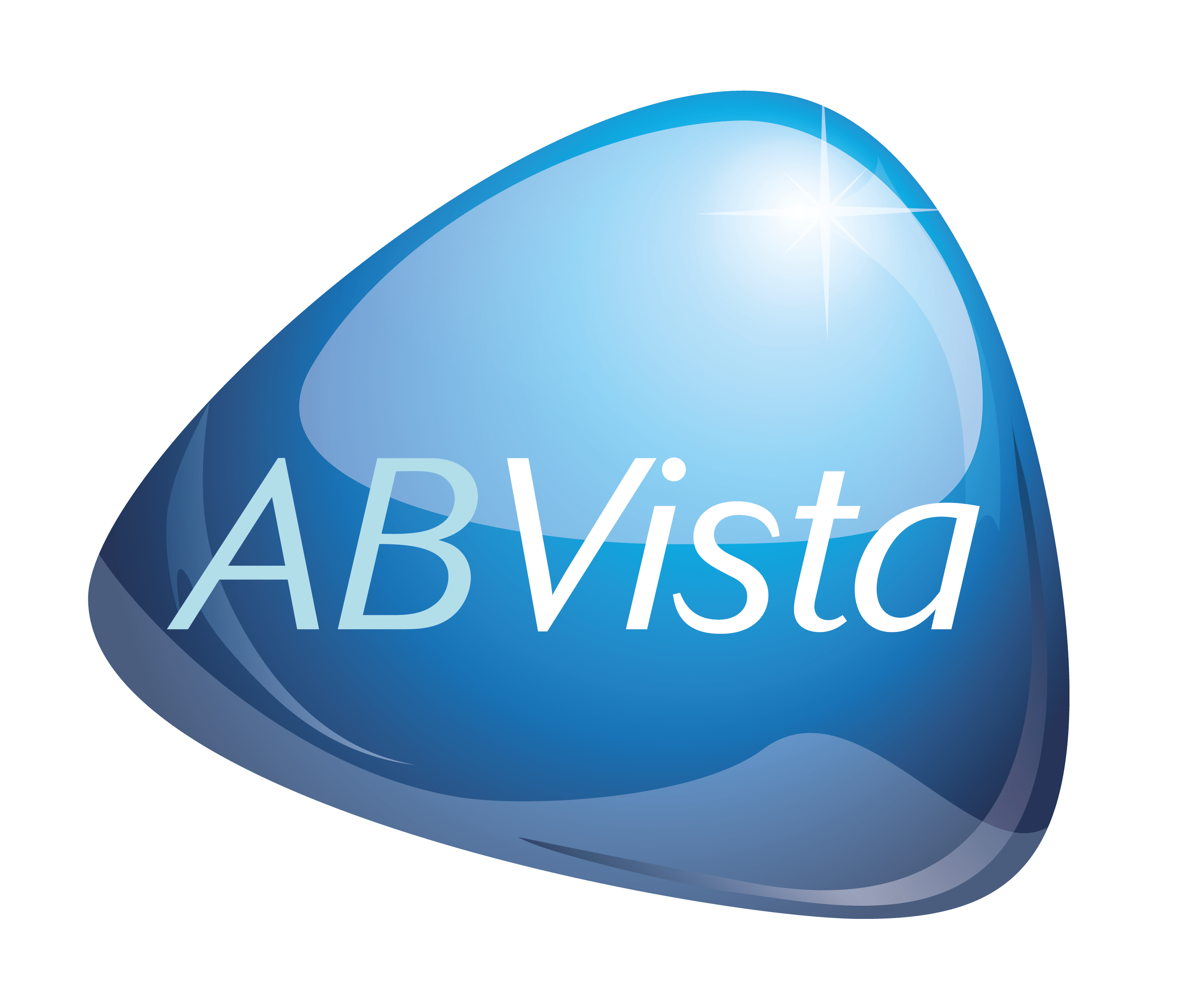Feed industry responds to proposed new EU mineral limits
Published Monday, 26th September 2016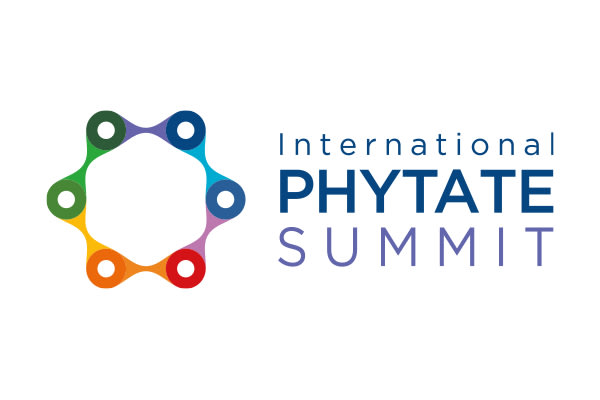
The industry must adopt a science-based approach to re-evaluating nutrition strategies, particularly in light of proposed European Union limits on Zinc and Copper in animal feed, according to animal nutrition technology company AB Vista.
The call comes after the European Food Safety Authority (EFSA) proposed reducing the level of copper from 170mg/kg to 25mg/kg in piglets, in order to limit excess minerals in animal manure. Limits to zinc are also being proposed.
Juan Ignacio Fernández, Sales Director West & South Europe, AB Vista, says the proposed new limits signal that environmental concerns remain a priority in the EU and other markets. He adds that if these proposals are implemented, the industry must find a way to maintain efficient and high-quality animal production.
Examining feed and nutrition strategies
“It is clear that we need to examine our feed and nutrition strategies to ensure we can address environmental concerns, and meet the needs of the production chain. This is an important balance to address – particularly because lowering the trace element levels in isolation could impact animal health and productivity.”
In achieving this balance, the latest scientific research – particularly in respect of the role of phytate and its interactions with trace element absorption – should not be underestimated, he adds.
“Interestingly, EFSA acknowledged that the inclusion of the feed enzyme phytase in swine diets increases the availability of zinc in some feedstuffs.”
Dr Xavier Serrano from Spanish feed company Setna Nutrition, says the new limits may force a re-think by producers, who have traditionally used minerals to manage animal health, and control clinical disease symptoms, such as diarrhoea.
“As an industry we will always stay within EU limits and local legislation concerning environmental restrictions. So where lowering the limits could impact on animal health, we must look at alternatives for how we can control disease and performance.”
Dr Patrick Schlegel, from the Swiss Federal Research Station Agroscope, has conducted research into phytate and phytase, and the role they can play in feed formulation – particularly in respect of zinc.
The importance of regular research
“Scientists began investigating trace mineral requirements 60 years ago, and in some cases the data is still used from that time. But we know that the industry has changed, and animals have changed in that time – in terms of genetics and also management practices. So I think it is important to regularly run research on this subject under actual conditions, to reach minimal safety margins and thus to improve production sustainability.”
Dr Schlegel will present some of this research at the upcoming International Phytate Summit (IPS3), convened by the University of Illinois, the Centre of Excellence for Poultry Science at the University of Arkansas, and AB Vista. He will give a presentation on The role of phytate in formulating diets for trace minerals, examining the antagonistic effect of phytate.
“By superdosing phytase, you probably have an increased efficiency in degrading phytate – and the more you degrade phytate the more you release the naturally present zinc, linked to phytate, and so you will increase zinc bioavailability. This could help the industry when it comes to further reducing levels of supplementary zinc.”
An opportunity to share and learn
Dr Schlegel says IPS3 promises to be a collaborative and informative event – and an ideal opportunity to share and learn from other scientific and industry experts about phytate.
Dr Serrano agrees, and hopes that IPS3 could be a defining moment for the industry, in terms of bringing nutritional breakthroughs.
“Events such as IPS3 are critical to demonstrating the benefits of changing our nutritional strategies. In different markets, farms and facilities are different, as is management, water supply, feed content, etc. So IPS3 is an opportunity to understand how the latest research can be applied to real-world scenarios.”
Find out more about IPS3
Please note: IPS3 is a closed academic event. Please contact your local AB Vista representative for more information on IPS3.
Latest news
Stay ahead with the latest news, ideas and events.
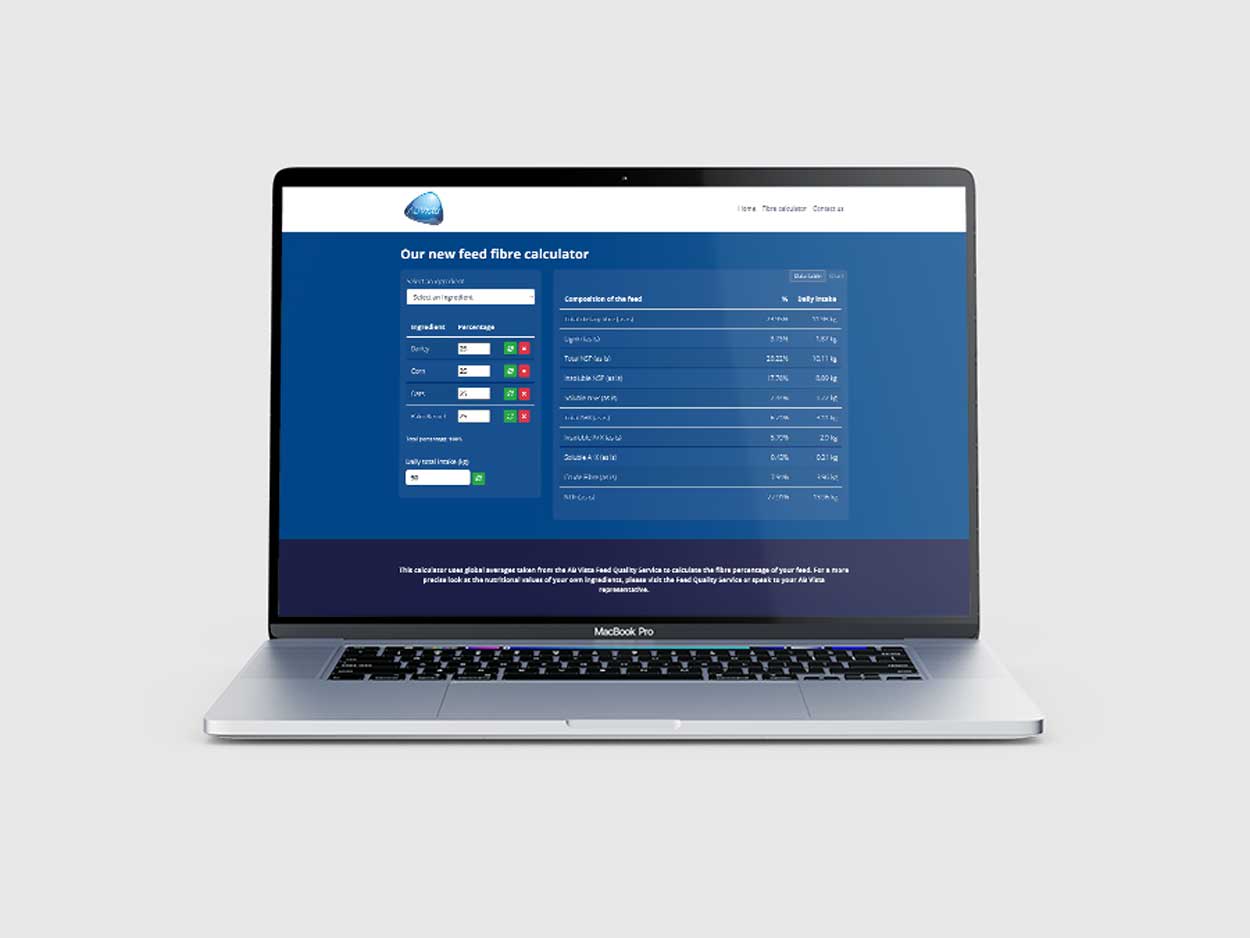
Online Feed Fibre Calculator
Calculate the percentage of dietary fibre in your feed
Our calculator is designed for nutritionists and uses averages of global raw materials to calculate the dietary fibre content (plus other more in-depth fibre parameters) of finished animal feed. These parameters are available within AB Vista’s Dietary Fibre analysis service (part of our NIR service).
Sign up for AB Vista news
A regular summary of our key stories sent straight to your inbox.
SUBSCRIBE© AB Vista. All rights reserved 2025
Website T&Cs Privacy & Cookie Policy Terms & Conditions of Sale University IDC policy Speak Up Policy








